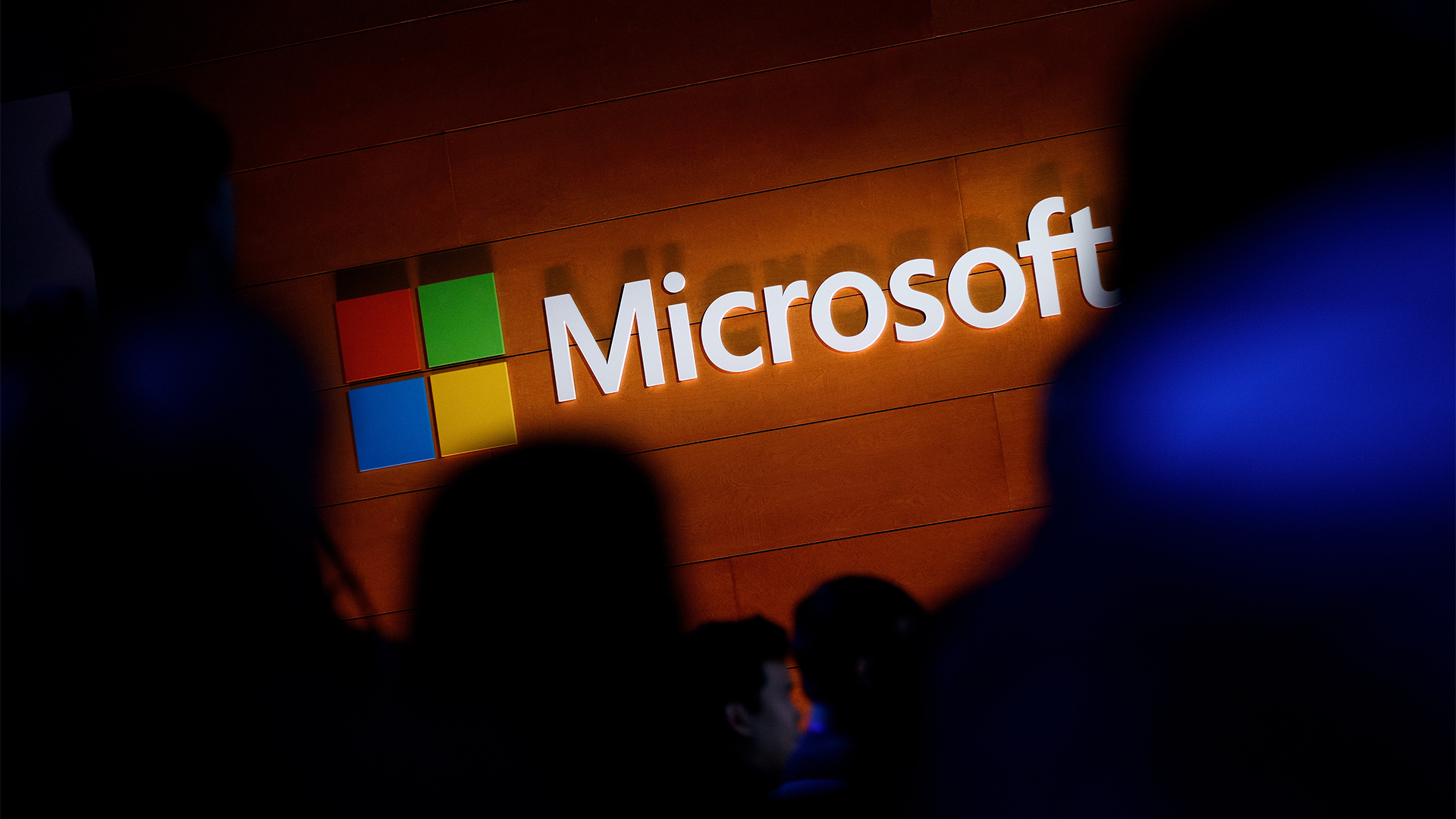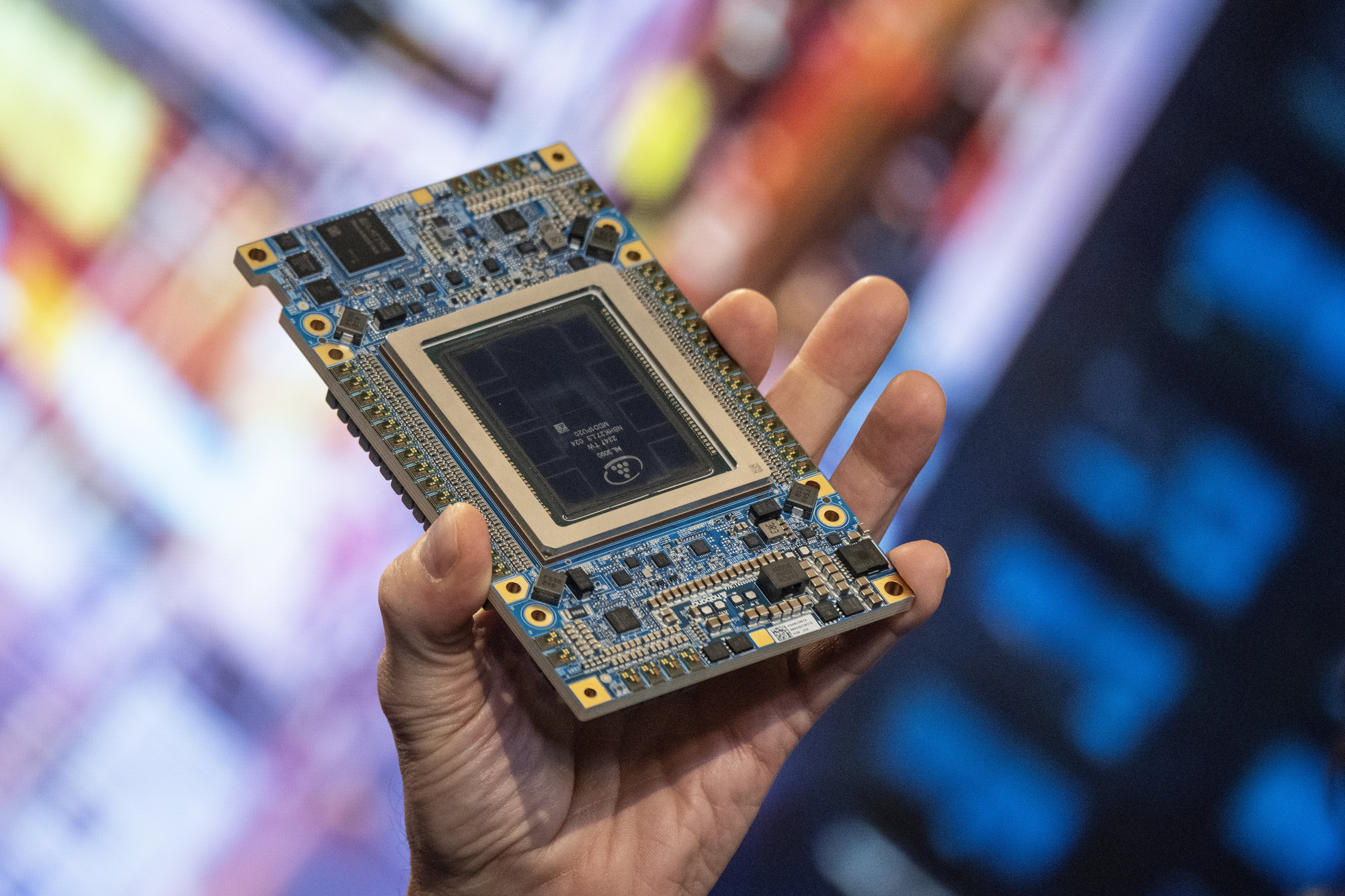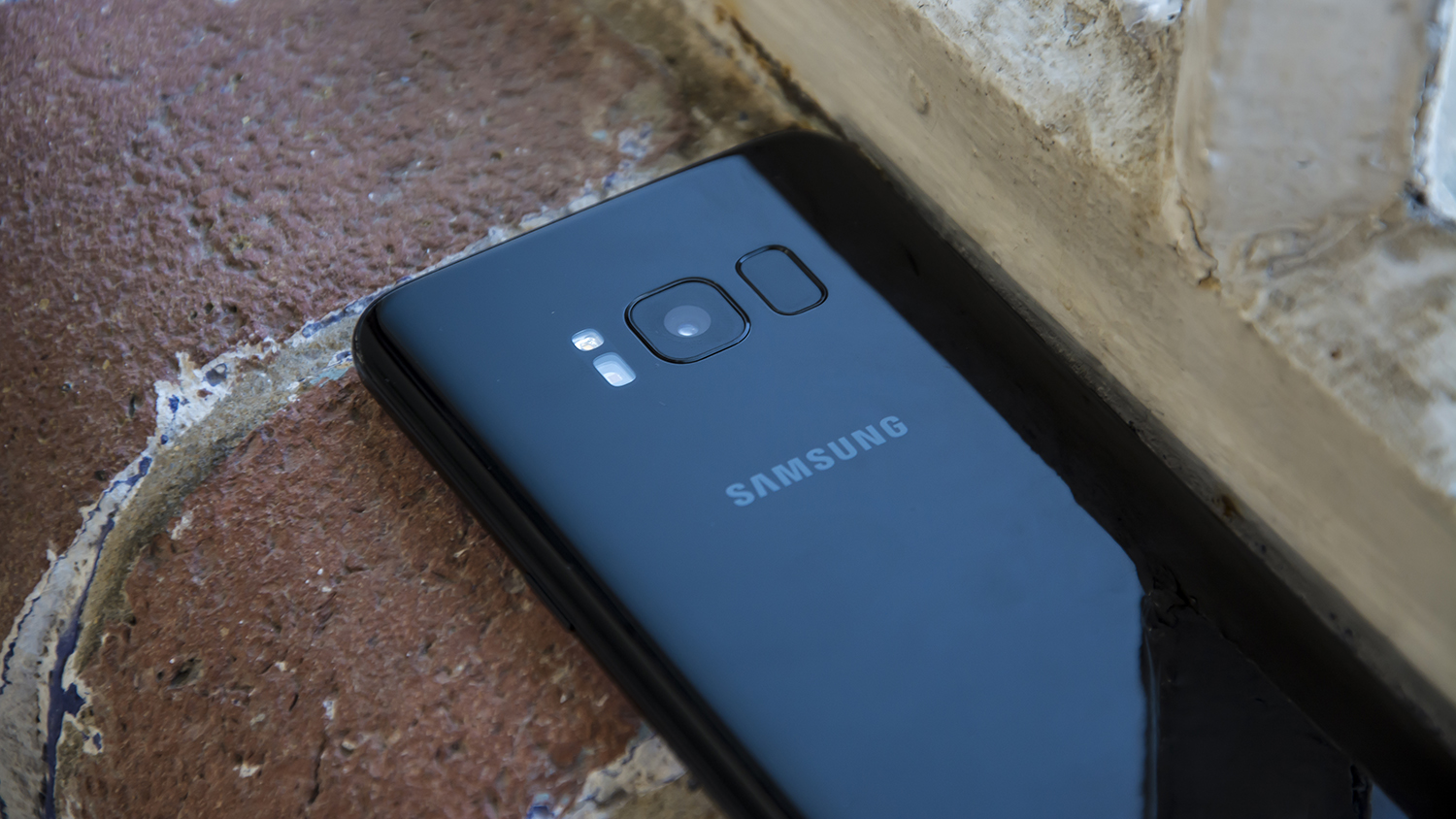Gartner: $100 laptop three years away
The analyst firm has said that it's unlikely a laptop will break that milestone price within the next three years.


The milestone price of $100 (50) for a laptop isn't likely within the next three years, according to analyst house Gartner.
That goal was originally set by the One Laptop Per Child foundation, which designs cheap devices for educational use around the world. It has yet to create a $100 laptop; it released the XO for about $200 last year. OLPC has said its next version will cost $75, and claimed the price could fall to $20.
The XO device has spurred a move by the rest of the industry lead by Asus with its Eee PC to create cheaper devices, which have gone on sale here in the UK instead of just in emerging markets for which the XO was designed.
Gartner noted that all current low-cost, mini-notebooks cost significantly more than $100 and said it does not expect prices to fall for at least three years - despite OLPC's claim.
The increase in demand for cheap laptops paired with falling costs for components could mean mini-laptops fall in price by 10 to 15 per cent over that time period, but other costs such as assembly and software are likely to stay the same.
However, Gartner warned that price isn't the only issue or indeed the most important one. "The economic benefits of IT literacy in emerging markets are currently driving the push for the $100 PC but there are many open questions that remain," said Annette Jump, research director at Gartner.
"These include determining the relevant hardware specifications, power availability, availability and cost of internet connection, as well as providing adequate finance and payment options for emerging markets where funds may well be extremely limited," she added.
Sign up today and you will receive a free copy of our Future Focus 2025 report - the leading guidance on AI, cybersecurity and other IT challenges as per 700+ senior executives
Here in the UK and in other mature markets, the mini-notebooks have already seen success. But Jump said they must be seen as mobile devices instead of solely as computers in order to continue to move into consumer and business areas. "Mini-notebooks will create opportunities to reach many buyers across all regions, both in mature markets as additional devices, and in emerging markets as PCs," said Jump.
Freelance journalist Nicole Kobie first started writing for ITPro in 2007, with bylines in New Scientist, Wired, PC Pro and many more.
Nicole the author of a book about the history of technology, The Long History of the Future.
-
 The six biggest security challenges coming in 2026
The six biggest security challenges coming in 2026In-depth What will be the main challenges businesses face in 2026 and what can they do to prepare?
-
 Channel focus: All you need to know about Microsoft's partner program
Channel focus: All you need to know about Microsoft's partner programChannel Focus The veteran OS developer and vendor continues to advance its strategy, particularly in Azure cloud solutions and AI
-
 Global PC shipments surge in Q3 2025, fueled by AI and Windows 10 refresh cycles
Global PC shipments surge in Q3 2025, fueled by AI and Windows 10 refresh cyclesNews The scramble ahead of the Windows 10 end of life date prompted a spike in sales
-
 AI PCs are set to surge in popularity in 2024, but vendors might find it hard to differentiate offerings
AI PCs are set to surge in popularity in 2024, but vendors might find it hard to differentiate offeringsNews AI PCs are moving beyond the hype stage as analysts forecast significant signs of growth in this rapidly emerging market
-
 The AI PC is coming: Here’s what you need to know
The AI PC is coming: Here’s what you need to knowAnalysis Analysts believe a new wave of AI PC’s will spur increased tech spending in 2024
-
 Waning hardware demand to wipe nearly $70bn from chipmaker revenues
Waning hardware demand to wipe nearly $70bn from chipmaker revenuesNews The semiconductor market is feeling the impact of decreasing business hardware demand
-
 Hardware shortages could plague 2017 smartphone sales
Hardware shortages could plague 2017 smartphone salesNews Gartner: Samsung is top of the smartphone pile, while Apple sees a decline
-
 Global PC shipments decline for fifth year running, says Gartner
Global PC shipments decline for fifth year running, says GartnerNews Hardware market continues inexorable decline as consumers rely increasingly on smartphones
-
 Gartner: worldwide smartphone demand to slow in 2016
Gartner: worldwide smartphone demand to slow in 2016News Decreased interest from new markets and more durable handsets will lead to market slowdown
-
 Gartner & IDC disagree on PC market's Q4 performance
Gartner & IDC disagree on PC market's Q4 performanceNews While one analyst reports growth, the other posts a decline in PC sales, but Lenovo still rules the roost
